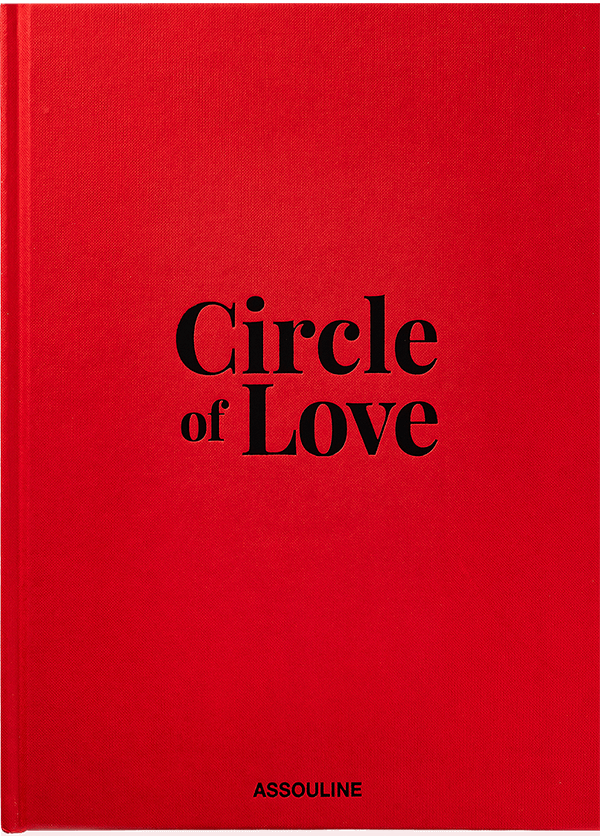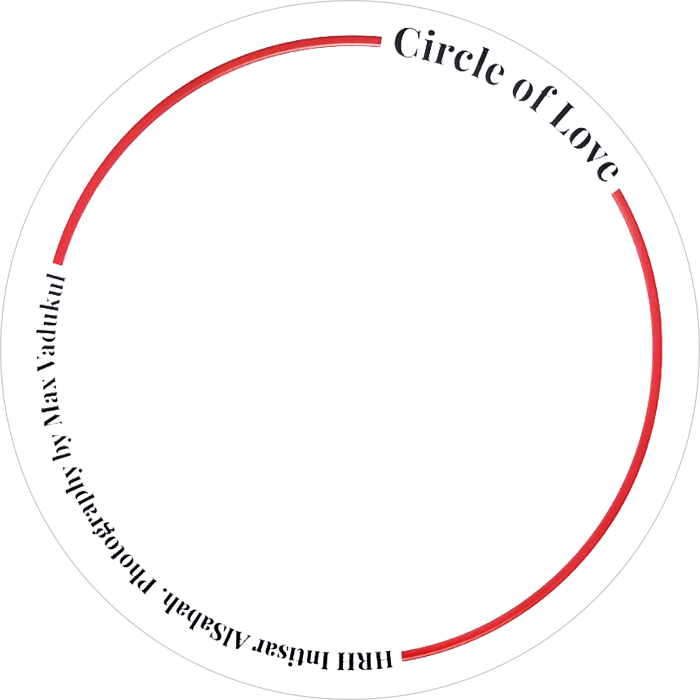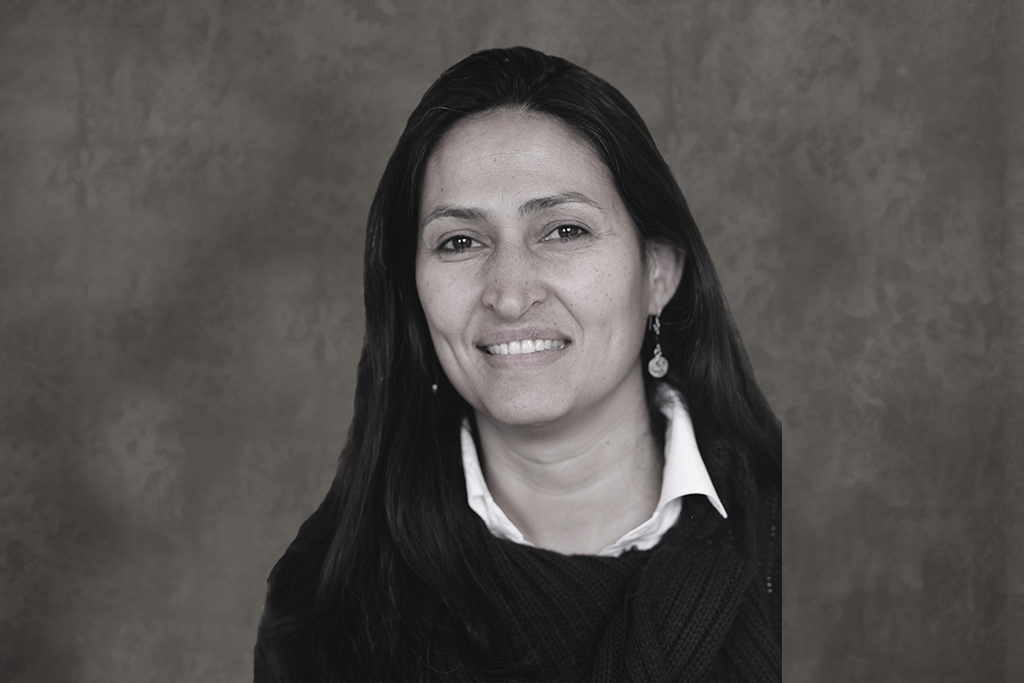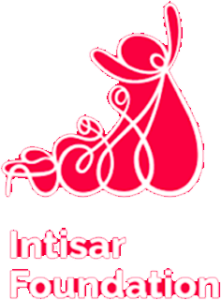X


Regional Director and Head of Programmes at Ruwwad

Please tell us more Ruwwad Al Tanmeya’s cooperation with Intisar Foundation, and what is your opinion on drama therapy as a psychological approach to alleviating trauma in Arab women affected by war and violence?
Let me first begin by introducing Ruwwad Al-Tanmeya, a non-profit community development organisation that works with disenfranchised communities through education, youth volunteerism, and grassroots organising. Our approach encompasses an array of programmes and initiatives that, together, strengthen agency and facilitate addressing the problems prioritised by members of the community. Our three main programmes are Child Development, Youth Organising, and Community Support. Today, Ruwwad spans Jordan, Egypt, Lebanon, and Palestine.
Our work with Intisar Foundation is part of our Women and Community Support Programmes in Jordan, specifically in East Amman and Jabal Natheef Community Center which is an urban highly populated area adjacent to an informal Palestinian refugee camp Mohamad Amin with thousands of Syrian refugee families.
We had 18 women joining the Intisar Foundation drama therapy programmes, with most of them being middle aged and married. They suffered from domestic violence, early marriage and vulnerable health conditions, economic hardship, drug/alcohol addictions within the family, as well as difficult relationships due to the extended family dynamics.
The Intisar Foundation drama therapy sessions became a safe space for these women to liberate their most intimate stories of pain and hardship. Each one of them shared her story through many mediums, such as different objects, role plays, or movement techniques. Then, the women built a shared story by each of them re-owning the narrative of the wounded voice within them. This allowed them to confront their abusers (presented symbolically) by speaking up with courage, standing tall, and realizing that strength is within them and that it is possible to be strong. Consequently, the were guided into visualisations that transferred them to their deeper selves in order to mindfully reflect and connect with their emotions and their bodies.
The women co-created their stories as a communal experience that helps break the isolation and enables the group to get strength from each other. Reem Abu Kishek, a certified drama therapist, shared a few statements from these women during the closure of the sessions, and a few of them are truly touching:
“I used to walk feeling broken, now I walk with confidence.”
“I used to feel like a withered plant, now I am a tree with roots deep in the ground.”
“I learned that I have the right to have my own time and space when I need it.”
“I now have my role, place and voice to have a saying in my life.”
“I used to let others make the decisions because I didn’t feel strong enough, now I make them on my own.”
“I didn’t use to show affection to my children, now I broke these boundaries and hug them.”
“I used to feel lost, and now I found myself.”
What has been the most rewarding moments for you, personally, when witnessing the effectiveness of drama therapy as a psychological approach?
The Intisar Foundation drama therapy sessions were held in a safe, private part of our community center in East Amman. I was allowed to attend one session with HH Sheikha Intisar and Karima Anbar, CEO of Intisar Foundation. Since drama therapy specialist Reem Abu Kishek had informed the women ahead of time, they created a ritual to open their circle to us. The women performed an incredible play that transferred us all from their individual broken voices to a moment where each one of them could truly stand up and regain the power within and liberate their voice.
I remember how HH Sheikha Intisar stepped forward and coached one of the women to raise her voice, take the stance, even to shout out her words. It made me realise that, as women, we are all one. As wounded human beings, we are stronger when we stand in solidarity with each other even if it is for just a moment in a performance and that safe circle that drama therapy creates.
If there is a special story of a personal transformation among the attendees of the Intisar Foundation drama therapy programmes at Ruwwad in Jordan, please share it with us.
I still remember the story of a woman who I will call Sakina. Sakina shared the details of her daily life with a husband who is an addict and physically very abusive. She also shared how her own family and her father would accept her, beaten and broken, to their home, only to realize that her father would give her back to her abusive husband because he would pay him money every time.
The shame she expressed in her body and words were a poignant reminder that freedom is still a struggle for those who suffer the most, and that fighting for equal rights and for the protection of women and children within their families is indeed a human right.
Once Sakina had worked through a role reversal exercise during which she spoke out to her father and to her husband, giving each character the chance to talk, be heard and be responded to, she found her own voice.
Once Sakina had worked through a role reversal exercise during which she spoke out to her father and to her husband, giving each character the chance to talk, be heard and be responded to, she found her own voice.
It was such an amazing moment to witness her finally standing up and speaking up for herself.
Through our Community Help Desk at Ruwwad, we visited Sakina this year and we know that she has demonstrated courage and has made her home a safer place by protecting herself and her children and reporting any further violence.
Sakina is a mother of five children, one of whom is a child with disabilities, and whenever she seeks the Ruwwad Community Center support for education and livelihoods, she always mentions drama therapy and how much it has helped her.
It seems that the topics of mental health and women’s empowerment are gaining ground across the MENA region, so what would be your message to all organizations working in this field?
Ruwwad operates in marginalized neighborhoods, so we have a youth-centric and neighborhood-specific model of work, but the partnership with Intisar Foundation enabled us to access powerful mediums for the protection of women from violence in these difficult times.
Drama therapy not only enhances the ability of participating women to express and stand up in the face of violence, but also to practice emotional resilience, imagination and critical analysis which enhance their problem-solving skills, open mindedness, as well as their ability to seek help and break the cycle of isolation.
Post Covid-19 we see that wellness and economic opportunities are critical factors in uplifting women from very tough conditions. Organisations need to recognise that parachuted solutions do not work, but that a more sustainable mode of partnerships is key to helping us all to create impact on a large scale and incrementally. It also has to be dine with full respect and attention to mental health and the creative mediums as therapeutic processes.
What do you consider to be the most pressing challenges faced by Arab women affected by war and violence today?
I would say the most pressing challenge is to recognise that complex forces are at play when we speak of war-affected women, youth, and the Arab world as a whole. We need to understand that the transition towards functional states with strong democratic practices, solidarity, productive economies, adequate health services and education that can deliver work opportunities is the way forward.
At the heart of all these challenges are mental health issues. We all suffer from intergenerational trauma, and therefore we need to continue to support spaces for the art and therapy work. In this way, we can continue to believe that our commitment to protection and justice through nonviolent means and wise ways of doing and being will free us and help us move forward.
و بي امل يأتي و يذهب لكن لن اودعه
”
What would be your advice for women across the Arab world?
There is a poem written by Mahmoud Darwish that I love which says, “I have hope that comes and goes but I will never bid my hope farewell.”
و بي امل يأتي و يذهب لكن لن اودعه
Hope is not an idealistic state, but it’s the daily habit of reflecting on the richness of our lives and on hope as the ability to achieve our purpose that will keep us committed to it.
Please share your advice and message to the world for the new year – 2022.
Mother Earth aches for all of us to be safe and seen and to be guardians for everything alive in our universe – the oceans, mountains, rivers, and hills can thrive only if humanity finds Peace within.

Officially registered as a humanitarian organisation with the Charity Commission for England and Wales in 2019, Intisar Foundation is the first charitable organisation in the Middle East dedicated to providing psychological support programmes of drama therapy to Arab women affected by the brutality of war and violence.
Intisar Foundation
McCarthy Denning, Suite 102,
70 Mark Lane, London, EC3R 7NQ
UK Registration Charity Number: 1182384
Media error: Format(s) not supported or source(s) not found
Download File: https://intisarfoundation.org/wp-content/uploads/2020/06/Breathing-Excercise.mp4?_=1Media error: Format(s) not supported or source(s) not found
Download File: https://intisarfoundation.org/wp-content/uploads/2020/06/Dance-exercise.mp4?_=2Media error: Format(s) not supported or source(s) not found
Download File: https://intisarfoundation.org/wp-content/uploads/2020/06/Grounding.mp4?_=3Media error: Format(s) not supported or source(s) not found
Download File: https://intisarfoundation.org/wp-content/uploads/2020/06/Self-Embodiment.mp4?_=4Media error: Format(s) not supported or source(s) not found
Download File: https://intisarfoundation.org/wp-content/uploads/2019/12/Logo_reveal_6.mp4?_=5
Leave a Reply